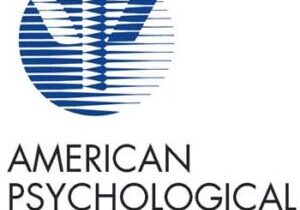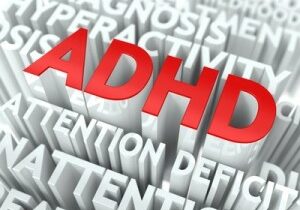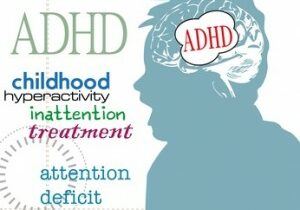IQ testing helps identify strengths and areas for improvement, guiding decisions for success in school and life.
Does your child need IQ Testing?
If you think your child might be exceptionally bright and isn't fully challenged in school, Gifted Testing can help. It identifies their unique strengths and can lead to personalized learning opportunities, keeping them engaged and satisfied. It also opens doors to specialized programs and support services. So, if you have concerns, consulting with professionals and considering Gifted Testing is a smart way to nurture your child's potential and ensure their academic success.
Unlock Hidden Potential
Imagine if your child possesses exceptional abilities that could propel them toward greater academic success and personal growth. Gifted testing, conducted with trusted specialists like School Psychologists or Educational Psychologists, can unveil their unique talents, ensuring they reach their full potential.
Tailored Education
Gifted testing empowers you to explore educational options customized to your child's specific needs. By identifying their strengths, you can start a journey towards more challenging coursework and enrichment programs, ensuring they remain engaged and satisfied in their learning journey.
Maximize Opportunities
When you talk to a specialist and start gifted testing, you open doors to advanced educational opportunities. Whether it's specialized classes, gifted programs, or extracurricular activities, your child can benefit from an enriched learning environment that nurtures their abilities.
Personalized Support
Through the insights gained from gifted testing, you can provide your child with the personalized support they require to excel academically and emotionally. This tailored approach fosters self-confidence and a love for learning.
Future Success
Investing in gifted testing not only benefits your child's current educational experience but also sets them on a path toward future success. Identifying and nurturing their talents now can open doors to prestigious colleges, scholarships, and fulfilling careers, ensuring a bright and promising future.

Signs your child may be gifted
Giftedness in children can manifest in various ways. Here are some signs that a child may be gifted:
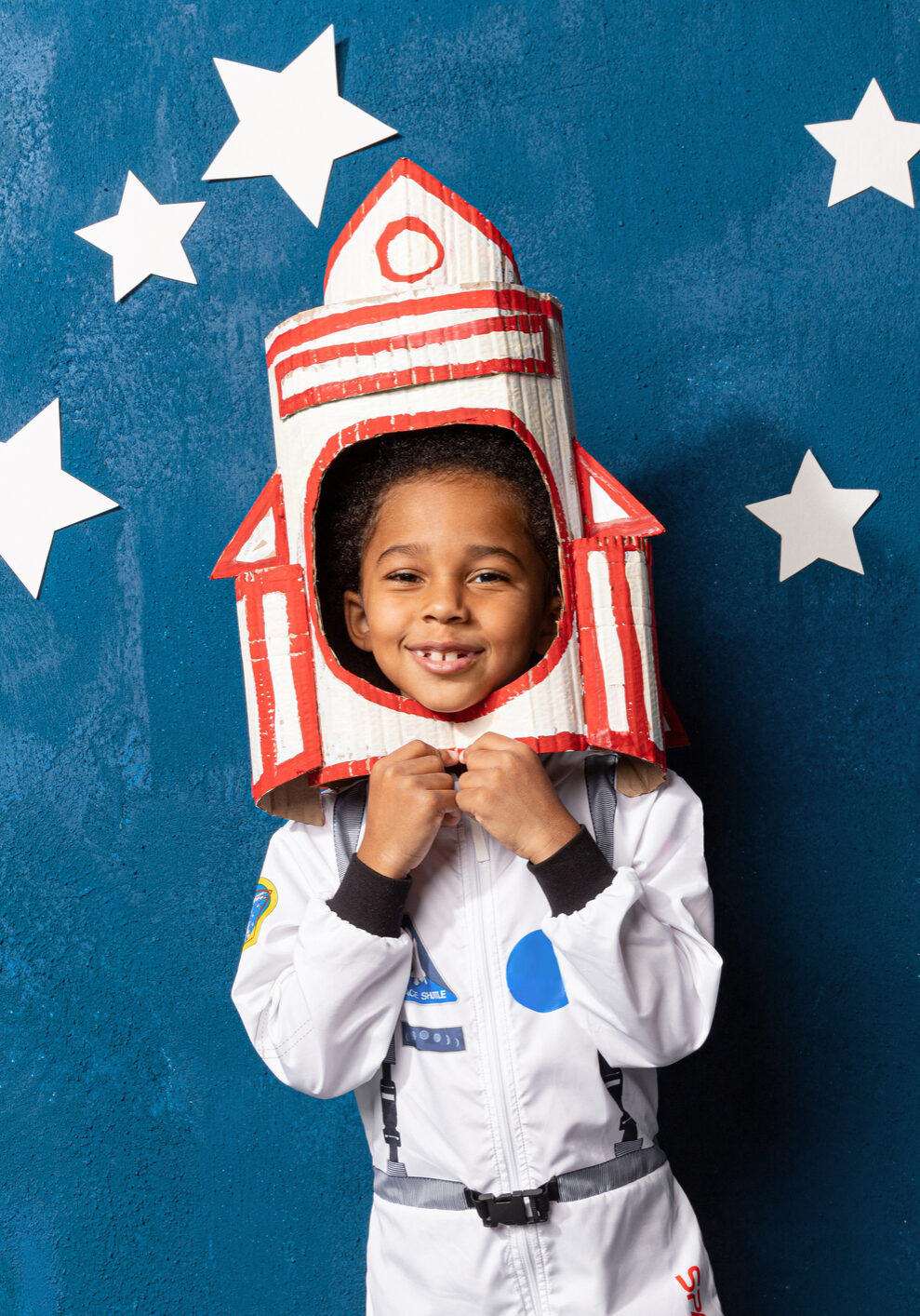
It's important to note that giftedness is multifaceted, and not all gifted children will exhibit all these signs. If you suspect a child may be gifted, it's advisable to seek professional assessment and guidance from educators or psychologists who specialize in gifted education.
Unexpected Characteristics of Gifted Children
Gifted children are unique. Like everyone, they have both areas of strength and areas of difficulty, including:
- Emotional Intensity: Gifted children often experience intense emotions, which can lead to emotional outbursts or struggles with emotional regulation.
- Overexcitability: They may display heightened sensory, emotional, or intellectual overexcitabilities, which can manifest as sensitivity to stimuli and a strong reaction to their environment.
- Perfectionism: Gifted children may set exceptionally high standards for themselves, leading to frustration and anxiety if they cannot meet these self-imposed expectations.
- Advanced Empathy: Some gifted children possess an acute sense of empathy, feeling deeply for others, which can lead to emotional distress when witnessing suffering or injustice.
- Social Challenges: Contrary to the stereotype, some gifted children may experience social difficulties, including feeling isolated or struggling to relate to their peers due to differences in interests or maturity.
- Testing Boundaries: Gifted children may test boundaries and authority figures, challenging rules and seeking independence.
- Depression and Anxiety: Giftedness doesn't shield children from mental health challenges; they may be prone to depression and anxiety, particularly due to perfectionism and high expectations.
- Vivid Imagination: Their vivid imagination can sometimes lead to fears or anxieties about imaginary scenarios.
- Willfulness: Gifted children may be determined and persistent in pursuing their goals, sometimes to the point of stubbornness.
- Self-Esteem Issues: Paradoxically, some gifted children may struggle with self-esteem, particularly if they face difficulties in areas they perceive as "should be easy" due to their intellectual abilities.
- Delinquency in Adolescence: In some cases, gifted adolescents may engage in delinquent behaviors, seeking excitement or rebellion as a response to perceived boredom.
These characteristics and challenges highlight the complexity of giftedness and emphasize the importance of understanding and supporting gifted children in various aspects of their development.
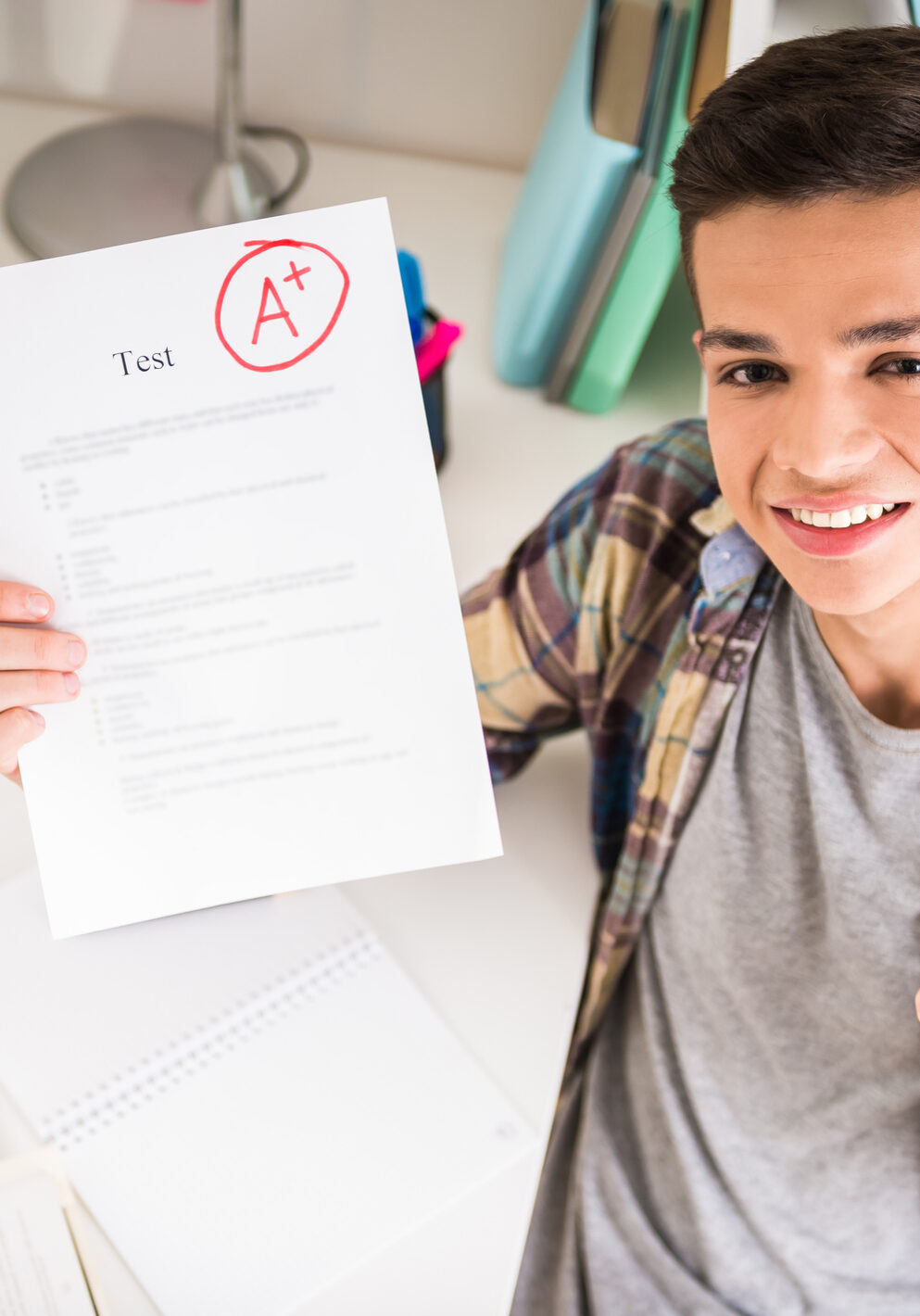

What is the difference between "bright" and "gifted" children?
Bright Children
Above-Average Intelligence
Bright children possess above-average intelligence for their age group, allowing them to perform well academically.
Good Problem Solvers
They tend to excel in school and are generally good problem solvers, capable of grasping new concepts with ease.
Learn at Expected Pace
Bright children typically learn at a pace that aligns with their age and grade level, meeting or slightly exceeding curriculum expectations.
Enjoy Learning
They generally enjoy learning and may perform well academically without the need for specialized support or accommodations.
Less Intense Emotionally
Bright children may not display intense emotional or behavioral characteristics compared to gifted children.
Gifted Children
Exceptional Intellectual Abilities
Gifted children possess exceptionally high levels of intellectual abilities and potential, often demonstrating advanced problem-solving skills.
Advanced Problem Solvers
They not only excel academically but also tend to demonstrate advanced problem-solving skills, creativity, and original thinking.
Rapid Learning
Gifted children may learn material more quickly and deeply than their peers, often needing more challenging content.
Unique Interests
They often have unique interests and may become intensely focused on specific subjects or projects.
May Need Specialized Support
Gifted children may require specialized educational support and enrichment to keep them engaged and challenged.
In summary, while both bright and gifted children have above-average intelligence, gifted children typically exhibit exceptionally high intellectual abilities, advanced problem-solving skills, and may require more tailored educational support and enrichment to reach their full potential. Bright children, on the other hand, often perform well academically without the need for specialized interventions and may not display as intense emotional or behavioral characteristics as gifted children.
Can a child be both gifted and also have Learning Disabilities?
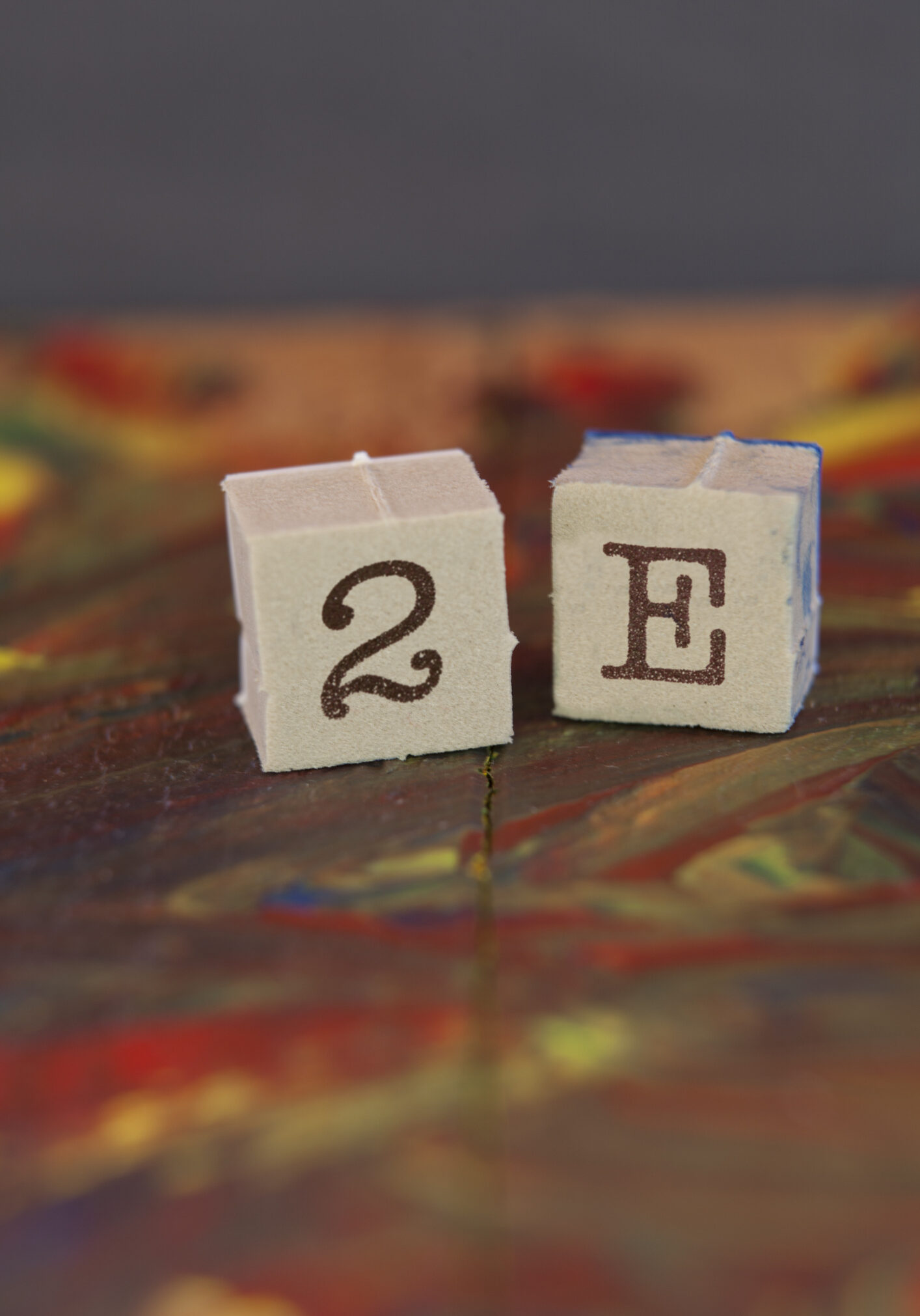
Understanding Twice Exceptional Learners
Yes! Twice exceptional learners, often abbreviated as "2e," represent a unique group of individuals who possess both exceptional intellectual abilities and one or more disabilities or challenges. These learners can excel in various areas such as mathematics, science, or the arts while simultaneously facing conditions like ADHD, dyslexia, or autism spectrum disorders. Recognizing and supporting twice exceptional learners is essential, as their abilities and disabilities can often mask each other, making it challenging for them to receive the appropriate educational accommodations and support. Tailoring education to meet their specific needs and harnessing their exceptional talents while addressing their challenges is crucial in helping them unlock their full potential and succeed academically and personally.




